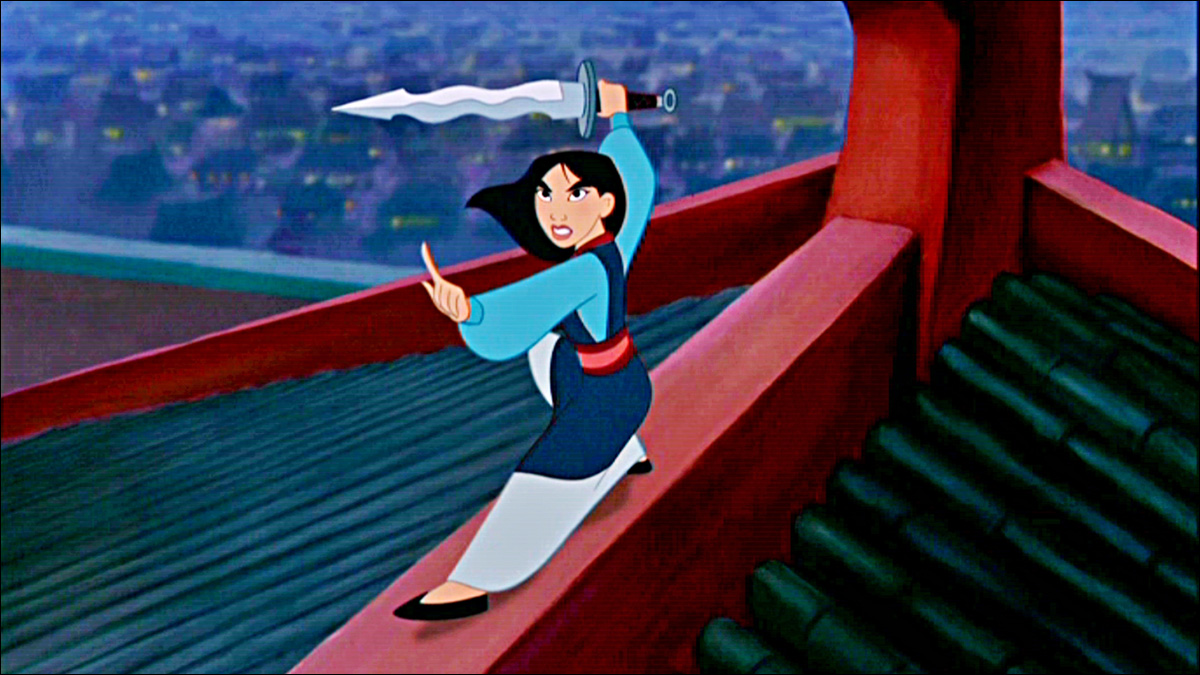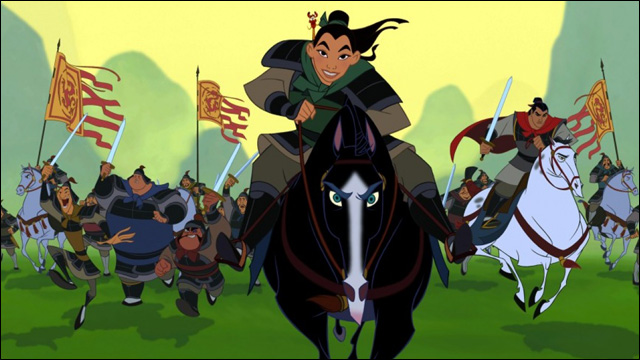Asian Films Looking to Cast More Hollywood Names
Vivienne Chow

Matt Damon The Great Wall UNIVERSAL
OCTOBER 7, 2016 | 02:00AM PT
As China is eager to export its soft power to the world, more Hollywood faces have been cast in Chinese blockbusters in the hope of scoring global releases and winning the hearts of international audiences.
Despite China’s box office slowing down by 21% in the first half of 2016, the country’s film market saw a staggering rise over the past five years on its way to challenge the North America’s position as the world’s No. 1 movie market.
Chinese money is also set to reshape Hollywood through various acquisitions, such as Dalian Wanda Group’s 2012 buy of the AMC theater chain and purchase of Legendary Entertainment in January.
But there is only so much that money can buy. Chinese productions earned little recognition abroad in recent years. The only Chinese-language film that has ever won a foreign-language Oscar was 2000’s “Crouching Tiger, Hidden Dragon,” but the Ang Lee film was billed as a Taiwanese film. The last mainland production that earned a nomination in the race was Zhang Yimou’s “Hero” in 2002.
“China wants to export its films to the world — especially the U.S. — as an achievement of its soft power, but no one wants to watch its films,” says producer and director Peter Tsi, who has helmed projects in Hong Kong, Taiwan and mainland China. “On the other hand, Hollywood is excited about getting into the China market, but the only way to achieve that is through co-production, and they must find subject matter that can resonate with the Chinese audience.”
The controversy surrounding the casting of Matt Damon as the lead in “The Great Wall” is the latest example. Helmer Zhang Yimou had to defend the decision to cast the Hollywood star in his first English-language production — also the first project emerged from Legendary Entertainment’s Legendary East and which cost $135 million — against “whitewashing” criticisms.
Tsi says in order to get Chinese productions distributed in North America and elsewhere, Hollywood faces are needed. “The only way to make it work is to arbitrarily cast a Hollywood actor or two so that U.S. distributors and exhibitors might consider screening them,” he says.
Even though it is China’s first film to reach the $500 million B.O. benchmark and the all-time highest-grossing film in the country, Stephen Chow’s fantasy blockbuster “The Mermaid,” which has a primarily Chinese cast, only had a limited release of 35 screens in the U.S. under Sony’s distribution.
Nevertheless, “The Great Wall” isn’t the first time a Western star has turned up in a Chinese movie. In fact the “Americanization” of Asian productions could be traced back to a 20-minute segment starring Raymond Burr that was edited into the original Japanese “Godzilla” (1954) before it was introduced to American audiences as “Godzilla: King of Monsters!” (1956).
Hong Kong led the trend in the early 2000s as partnerships with U.S. players began. Paul Rudd played an FBI agent in Hong Kong action blockbuster “Gen-Y Cops” (2000), which was produced by Hong Kong’s Media Asia and Regent Entertainment. The film was released in the U.S. in 2002 as “Metal Mayhem.” The 2000 action thriller “China Strike Force,” which had American company Astoria Films on board as one of the production companies alongside Asia’s Golden Harvest, starred Grammy-winning musician Coolio as a drug dealer.
Hong Kong-based Australian actor Gregory Rivers says many Western characters look arbitrary in Asian stories. “Sometimes [the story] doesn’t make sense,” says Rivers, who’s been working on Hong Kong films and TV for nearly 30 years. “Writers [in Asia] were not used to writing Western characters into their stories.”
But when it came to breaking into more and bigger markets, it became inevitable that characters of various nationalities had to be included in Chinese films. As mainland China began to cultivate its commercial cinema more than a decade ago, Donald Sutherland starred in Feng Xiaogang’s comedy “Big Shot’s Funeral” (2001), a collaboration between Columbia Pictures’ Asia arm, based in Hong Kong, and a string of Chinese companies including Huayi Bros.
More Hollywood faces appeared in Chinese productions over the past few years. Christian Bale starred in Zhang’s “The Flowers of War” in 2011. Adrien Brody was cast in Feng’s “Back to 1942” (2012), a Huayi Bros. production that got a U.S. release. Brody returned to China to join Jackie Chan and John Cusack in “Dragon Blade” (2015). Boxing legend Mike Tyson was cast as a crooked property developer in “Ip Man 3” (2015) and had fight scenes with Donnie Yen, who played the title wing chun master.
But before any conclusion can be drawn about “The Great Wall,” which will be released in China in December and in the U.S. by Universal in February, the casting of Bruce Willis in WWII epic “The Bombing” will get attention first. Jointly backed by the state-operated China Film Group and private investors, “The Bombing” has a reportedly $90 million budget. Willis is joined by Brody and an ensemble Asian cast including Korean star Song Seung-heon, Hong Kong actor-singer Nicholas Tse and mainland actor Liu Ye. It was scheduled for release on Sept. 30 in China.
“You want a movie that hits all markets at the same time and so you want to add a Korean or an American in the cast,” Rivers says. “But sometimes it doesn’t work like that.”






 Reply With Quote
Reply With Quote














